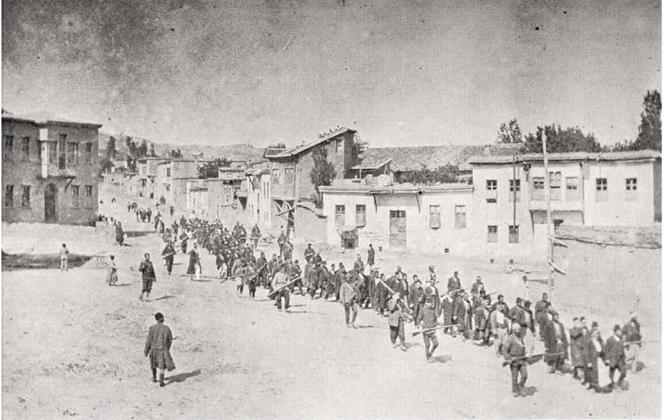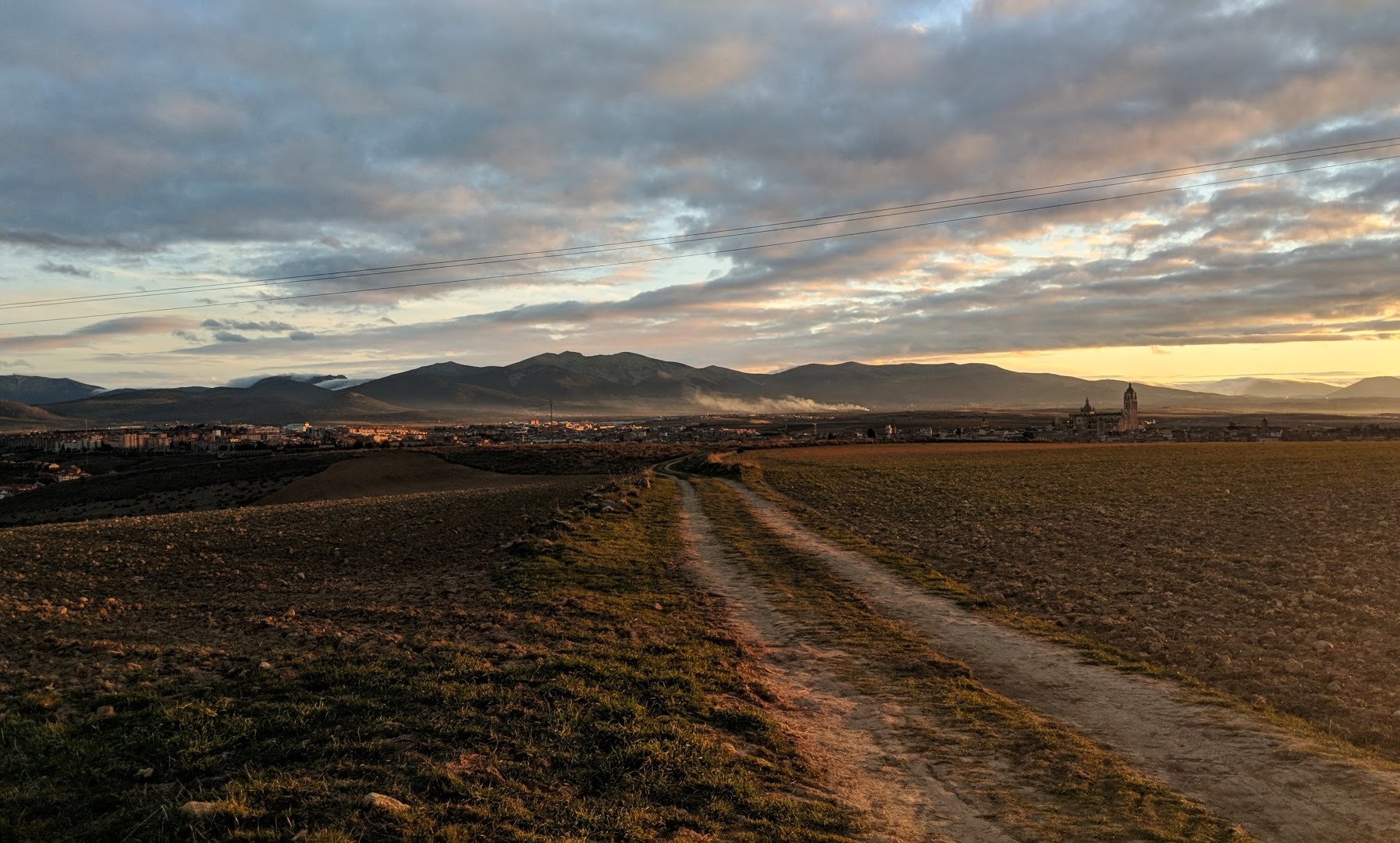SEGOVIA – “It’s crazy! Yesterday, they evacuated our university, and they gave us a whole week off! The sky is literally orange right now. This is all so weird,” said Barry Khabour, a second-year Jordanian student studying at the University of Wollongong in Australia.
Australia has declared a state of emergency with over 150 bushfires having been burnt over the past week with roughly 2.5 million acres of land devastated. Four people have been killed, and over 150 homes have been destroyed.
“It’s not a political thing, it’s a scientific fact that we are going through climate change,” said Carol Sparks, the mayor of Glen Innes Severn Council.
Climate change is real, and recent events have supported this claim. Fires in Australia are raging due to unusually hot temperatures, low rainfall, and strong winds. The situation has not been getting better. In fact, the city of Mildura has now turned a bright orange, with the dust storm exacerbated with high temperatures and strong winds measuring up to 40 km/h (7NEWS), which have given rise to the bushfires sweeping the New South Wales and Queensland regions.
Australia is known for its animal diversity, and thus one must not overlook the effect this had on the inhabitant koalas in the region. More than 350 koalas have been found dead, with those who have survived struggling to locate food as the drought has destroyed the Eucalyptus trees. The current situation is simply a symptom of the region’s increasingly dire climate crisis and an indicator to the world’s as well.
This is just one of the climate disasters that has been going on in today’s world – a climate disaster that has killed both people and animals, destroyed homes, and interrupted their daily lives. If we are currently in a state where one must be given a week off to stay safe from the climate, how will it be in a few years? Will the circumstances change for our future generations?
Another example of the climate crisis can be found closer to home. Over the span of two weeks, Venice has submerged underwater multiple times. Just about a week ago, over 70% of Veneto’s capital was flooded, with the highest tide hitting in over 50 years. A state of emergency has been declared, as catastrophic floods took over the city, with residents panicking to see their homes swamped with water.
 This extreme flooding that used to occur once every century is now expected to transpire every 5 years, according to the Intergovernmental Panel on Climate Change, and will soon occur as often as every 5 months. A 2017 report warned that if climate change is not slowed, and people do not start taking action, Venice will be completely submerged within a century.
This extreme flooding that used to occur once every century is now expected to transpire every 5 years, according to the Intergovernmental Panel on Climate Change, and will soon occur as often as every 5 months. A 2017 report warned that if climate change is not slowed, and people do not start taking action, Venice will be completely submerged within a century.
With those two disasters taking place in just less than a month, one would think this would act as a wake-up call to the climate crisis our world is facing. Yet, businesses, governments, and individuals are still polluting day by day. The President of the United States of America is still denying the existence of climate change. Culprits of the world’s major polluters have not demonstrated to take action, nor at the very least, have shown to even care.
Raising awareness is the least a person could do at this moment and the reason why people like Greta Thunberg matter in today’s (political) climate. One must argue that our climate has reached a state where it is too late to just raise awareness. It is simply not enough. This is a call to action, and we need to take it.







